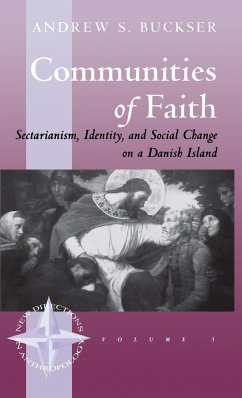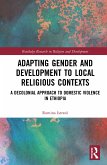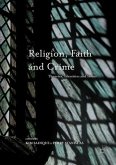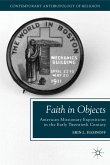Most studies of modern religious change have viewed it as a process of secularization in which the advance of science and technology discredits religious beliefs and destroys religious institutions. Yet religion has stubbornly failed to expire in the West, and in some places is undergoing a resurgence. This book reconsiders secularization theory through a case study of arural island in Denmark where, in the late nineteenth century, a series of powerful religious awakenings electrified its population, dividing it into several large and intense Lutheran movements. After examining the history and social structure of those Protestant groups and revealing their cultural and ideological complexity, the author concludes that the secularization theory is inadequate and that an anthropological approach, focusing on religion's role in creating identity and community for its members, offers much better insight into religious processes.
Hinweis: Dieser Artikel kann nur an eine deutsche Lieferadresse ausgeliefert werden.
Hinweis: Dieser Artikel kann nur an eine deutsche Lieferadresse ausgeliefert werden.








